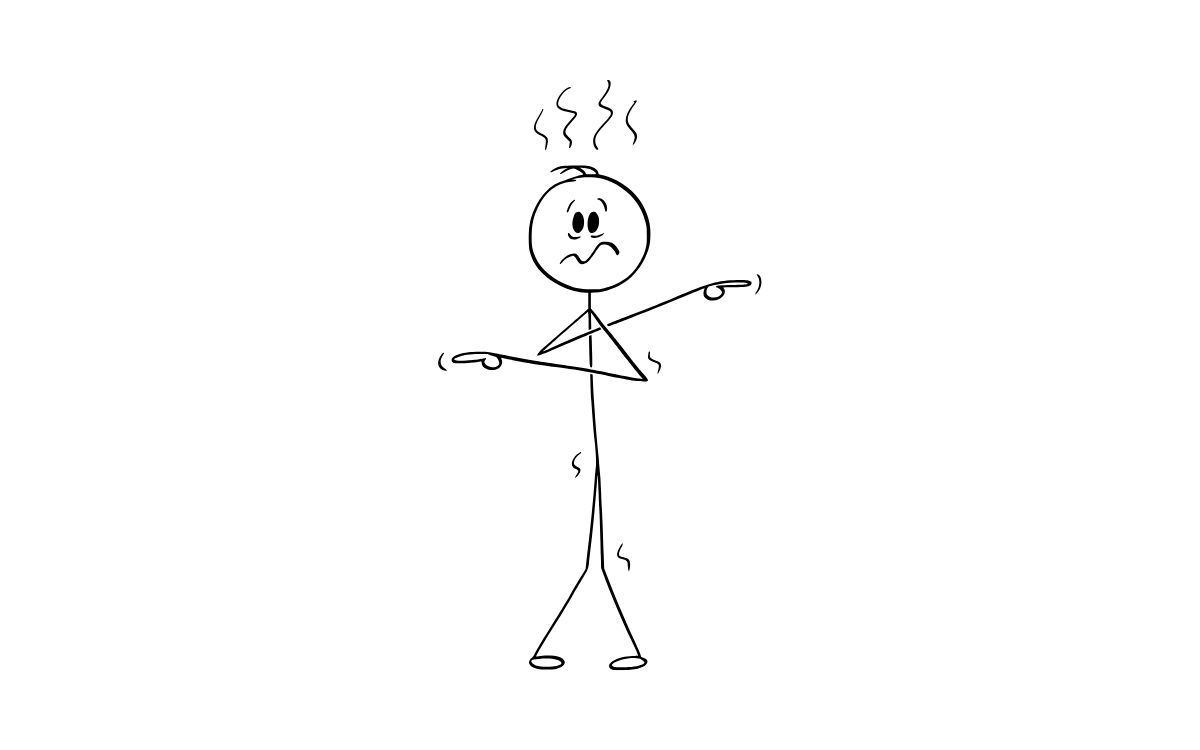They’re NOT ‘resisting change’
| 31 October 2025

People don’t resist change.
They fear uncertainty.
Uncertainty is deeply uncomfortable for our brains. Not because it’s dangerous in itself, but because the brain is fundamentally wired to predict and control outcomes. When it can’t do that, we feel stress, anxiety and even fear.
Five things we can do in times of uncertainty
- Activate the part of our brain that is in charge of rational thinking: Ask ourselves: What do I know for sure? What’s within my control? What’s the very next step I can take?
- Name the uncertainty and the emotion connected to it: ‘I feel anxious because I don’t know what will happen’. This can make it easier for us to process what’s going on, rather than getting stuck in fight-or-flight mode.
- The brain copes better when we focus on short-term actions. Instead of ‘how will the next 12 months play out?’ ask ‘What can I take control of over the next couple of weeks?’
- Up the ante with self-care in whatever way works for you. Sleep, exercise… anything that helps regulate the nervous system makes it easier to (literally) get our executive brains in gear.
- Create micro-certainty – even small routines (morning check-ins, clear meeting agendas, known deadlines) give the brain an anchor and reduce the sense of chaos.
And for leaders?
Model calm uncertainty.
Admit when you don’t know, but show how you’re approaching it.
That reassures others that things are evolving and moving.
We can’t eliminate uncertainty, but we can manage the brain’s response to it.
P.S. Feeling uncertain? Fast Track gives your brain what it loves most: structure, clarity, and quick wins. Calm certainty in four focused weeks.



